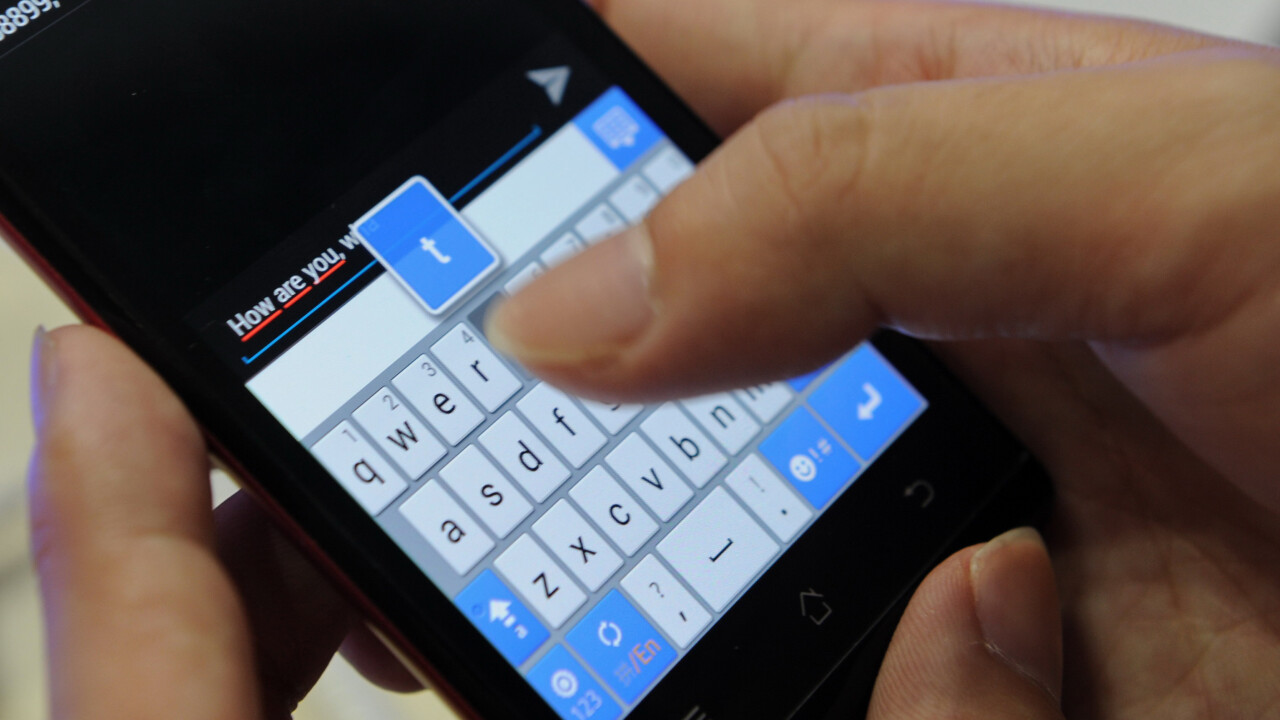
Mobile messaging app WhatsApp has had a pretty remarkable 2012. It just announced that it had set a new single day record for the most messages published on December 31. The service processed 18 billion total messages, exceeding its previous record set last August of 10 billion messages.
According to the company, there were 7 billion messages delivered inbound while 11 billion were outbound. The difference between the two being group chat. As it explains: “sending one message into group chat of 10 people is 1:10 inbound:outbound”.
On Dec 31st we had a new record day: 7B msgs inbound, 11B msgs outbound = 18 billion total messages processed in one day! Happy 2013!!!
— WhatsApp Inc. (@WhatsApp) January 2, 2013
By comparison, if you look at Apple’s numbers, iOS 5’s iMessage service generates around 150 billion messages, generating more than 1 billion a day.
As we noted previously, WhatsApp is a service that has positioned itself as a text replacement and offers features that users don’t have with native texting apps. Some aren’t believing the hype though. Brian Acton, a co-founder of the company, gave an interview to defend the service over accusations that it was ‘stealing’ revenue from operators. Acton insisted that WhatsApp wasn’t a threat to operators:
I view it from the perspective that we’re facilitating a broad movement to data plans and the entities that provide those plans are the carriers, so they stand to benefit quite substantially. It’s all about the data.
A few months ago, the company made a major step forward in attracting more users to its service, sharing that it had signed its first carrier roaming deal with Hong Kong operator Three to offer unlimited use of its app domestically and in 78 other countries for little cost.
Of course we would be remiss if we’d didn’t mention that there were rumors in 2012 about Facebook acquiring the company, which ultimately turned out to be false.
Photo credit: ROSLAN RAHMAN/AFP/Getty Images
Get the TNW newsletter
Get the most important tech news in your inbox each week.




